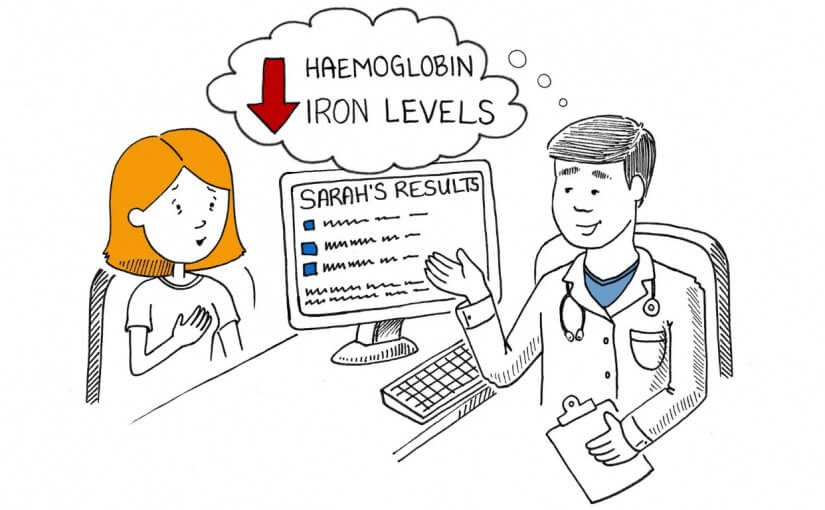After the sample collection, pathology staff tend to have little interaction with patients, so for International Pathology Day we spoke to three health practitioners to find out what pathology means for their patients.
Melbourne based nurse Cass Kern appreciates the hard work that goes on in the lab; “Pathology teams work hard behind the scenes processing and reporting on tests, to make sure results are available to the right person at the right time. For me, on a busy shift, the pathology laboratory can be a place where samples are sent and results magically appear!”
Dietitian and Diabetes Educator, Jodie Kennett says pathology is vital for her patients:
“I work with some overweight patients which can be due to lack of mobility or inability to prepare nutritious foods. This is especially so in the elderly, where they are quite malnourished leading to poor healing, muscle wastage, pressure sores and ill health. I can think of a few cases where poor nutritional status, low albumin and Total Protein levels were addressed – their health and wounds improved and so did their quality of life. In these cases, pathology results were invaluable.”
Melbourne General Practitioner Malcolm Mckenzie says testing is central to his investigations and diagnosis for patients:
“Being able to do pathology tests helps us confirm what we think is wrong with our patients, and treat them appropriately and safely. Without pathology tests, we would be guessing.”
He says there are benefits of building patient health literacy around their tests:
“Patients who understand what the tests are for, and what the results mean are more likely to be invested in their care and take responsibility, generally speaking. This knowledge would also help to reduce unnecessary tests.”

